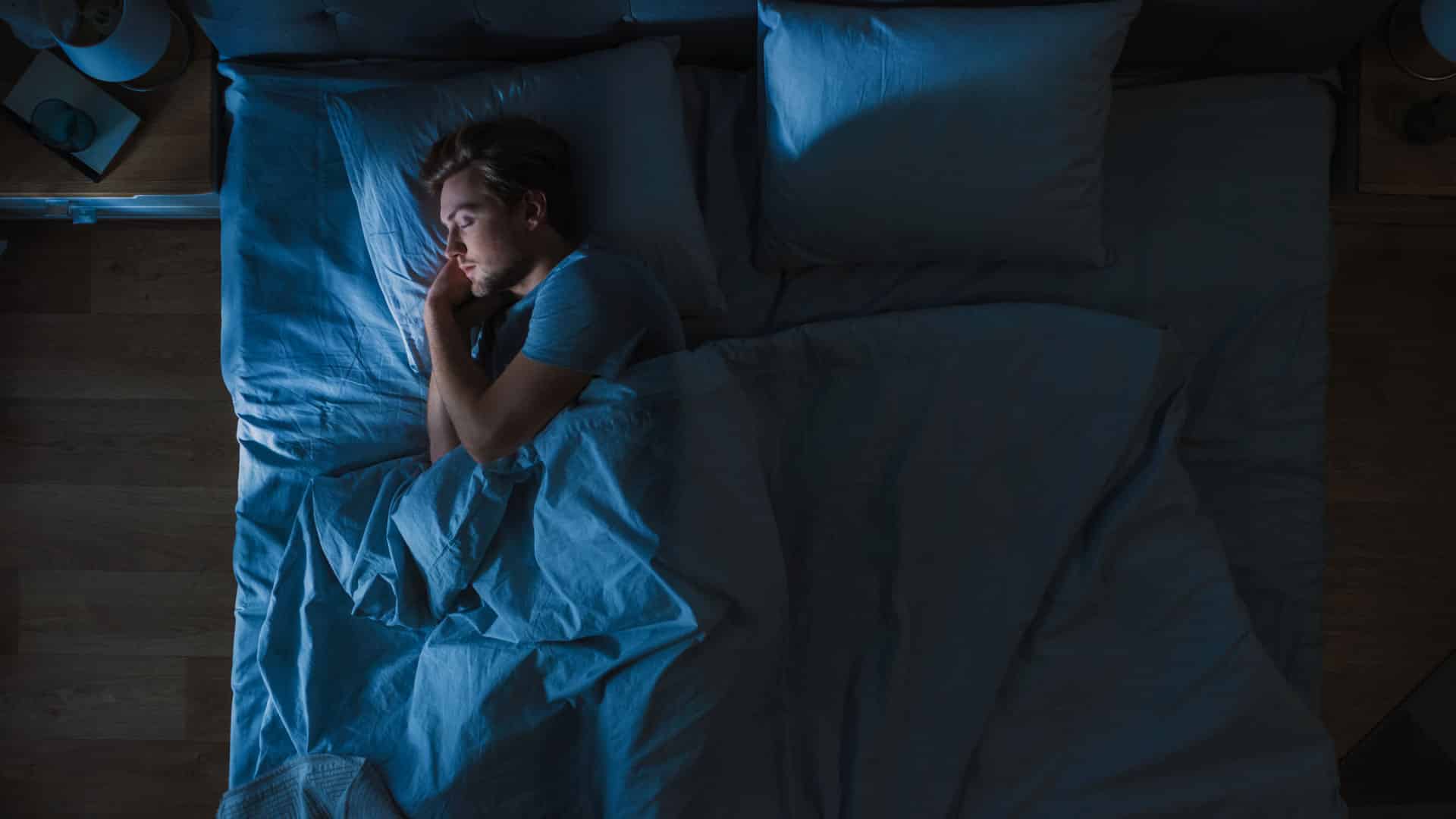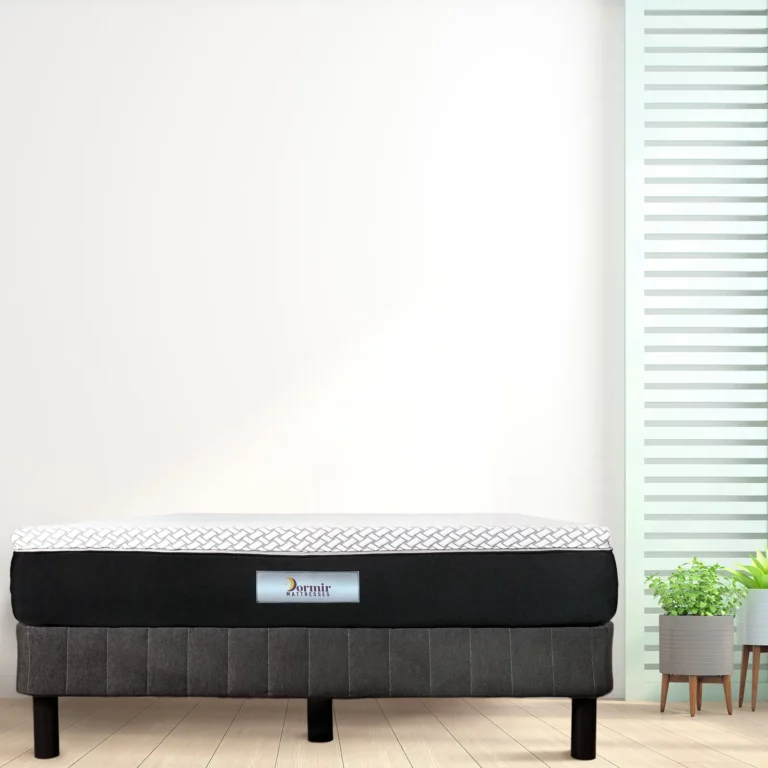How To Sleep Better In Winter

Winter is coming! The winter months can be a trying time for those who suffer from seasonal affective disorder, as they experience shorter days and sleep in low temperatures. This change has been shown to throw off our circadian rhythms and make it difficult to find sleep at night-time when we would typically wake up naturally with the light of day.
Extrinsic factors outside of our control often impair sleep, but there are ways to sleep better in winter if sleep problems arise. These include issues related to the season itself, the weather and even what you eat or drink before bedtime.
Unfortunately, sleep isn't something you can catch hold of and sleep better in winter. But there are ways you can sleep better in winter by preparing yourself for these challenges and making the right changes to your sleep habits, sleep environment and even what you eat or drink before bedtime.
How To Prepare For Winter To Sleep Better In Winter
The critical point to remember is that sleep is a physical need. There's nothing you can do to sleep better in winter if you are sick, tired or exhausted. So if you feel sleep-deprived now, even before the winter months, it's time to take action and prepare yourself to sleep during winter - hibernation, as some like to call it.
Before our regular heavy snowfall arrives and the temperature drops to an unmanageable degree, it's time to sleep better in winter with these helpful tips for sleep preparation in the context of sleep during the winter months.
Stick To A Bedtime Routine
When the days become shorter and the nights longer, sleep can start to suffer. The lack of daylight can throw off your body's natural sleep-wake cycle, and it may be challenging to get enough rest with the shortened hours at night due to winter darkness.
If you sleep like a baby, setting an alarm clock is probably not high on your agenda. But if sleep eludes you even when you're exhausted, it might be time to set the alarm—and live by it. This means knowing when to go to sleep and wake up each day, no matter how tired you are.
Establishing a sleep schedule, including bedtime and wake-up time, can be tricky in the winter because of that complete lack of daylight. But sleep experts say it's crucial to establish good sleep habits for some people.
Ensure You're Getting At Least Seven Hours Of Sleep Each Night
The sleep experts recommend getting at least seven hours of sleep each night. If you get less, multiple sleep studies have shown that sleep-deprived people who sleep only 4 to 5 hours a night for short intervals throughout the day can function almost as well as full-length sleepers.
But don't think about ripping off sleep cycles from day to day. That sleep debt is sleep deprivation, and sleep experts say sleep deprivation can do a number on the brain and body in the long run.
Stick To A Consistent Bedtime Routine
A bedtime routine is a great way to signal to your body that it's time to sleep. Creating this sleep cue can help sleep come more efficiently at a consistent time each night.
This sleep routine should start a few hours before sleep and include no screen time, including TV, cell phones, tablets, or laptops—since the screens emit blue light that keeps you awake at night.
Don't Crank Up The Heat
It's dark, cold and everyone is rushing to sleep. But aside from accumulating some unwanted charges on your electricity or gas bill, cranking up the heat can impact your sleep. Keeping your bedroom toasty might seem like a good idea during the coldest winter nights, but it can also wreak havoc on the quality of your sleep. Studies have shown that sleeping in a cold room, ideally between 15 - 19 degrees Celcius, leads to deeper, more restorative sleep. Furthermore, bedrooms on the cooler end of that range are linked to even deeper sleep.
Ensure You Are Staying Hydrated
Did you know that humidity levels drop during the winter months? This brings about the risk of sleep disturbances and breathing problems. It is essential to sleep well during winter to recharge and rejuvenate your mind and body after a long, stressful day. Staying hydrated during the day and using a humidifier at night can help you have better-sleeping patterns. Stuffy noses, congestion due to dry air in your home due to indoor heating- are all symptoms of not drinking enough fluids before bedtime!
Get Sunlight During The Day
No, you don't have to spend hours basking in the sun. But getting a few minutes of sunlight during the day can help sleep because it has to do with sleep-wake cycles and melatonin. Melatonin is a hormone that tells your body when to sleep and when to wake up.
It's not just the lack of sunlight that makes us tired in winter. Melatonin levels start rising earlier, which means your body needs more Vitamin D to stay energized and provide you with a full day without feeling sluggish or groggy!
It's hard to be happy when you're not getting enough sunlight. When our days are spent in darkness, it's difficult for the body and mind to feel energized during daylight hours because they haven't had any mental stimulation that will help them remain alert all day long - especially since no natural sunrays are shining down on us!
To keep ourselves feeling refreshed throughout the winter months without becoming too tired at night, try taking short walks outside of work every lunch break; get out as much as possible, even if only walking around your neighbourhood. Bright light is an essential part of getting enough vitamin D each day. It triggers melatonin suppression (similarly blue light), giving someone energy during their morning hours while they are sleeping so restful nights become possible.
Daily Exercise
Sticking with a consistent sleep routine helps, as does daily exercise. Not only is the former connected to deeper sleep, but research shows that those who sleep more weigh less as well as have higher levels of insulin sensitivity - your body's ability to process sugar from food effectively!
Before we're trapped in a snowstorm and winter wonderland, be sure to have a healthy sleep environment for the long winter months to come. Before we say goodnight, please read our other blogs to learn more about sleep! Give us a call if you have any questions on which products are best for the winter months!
Sources:








